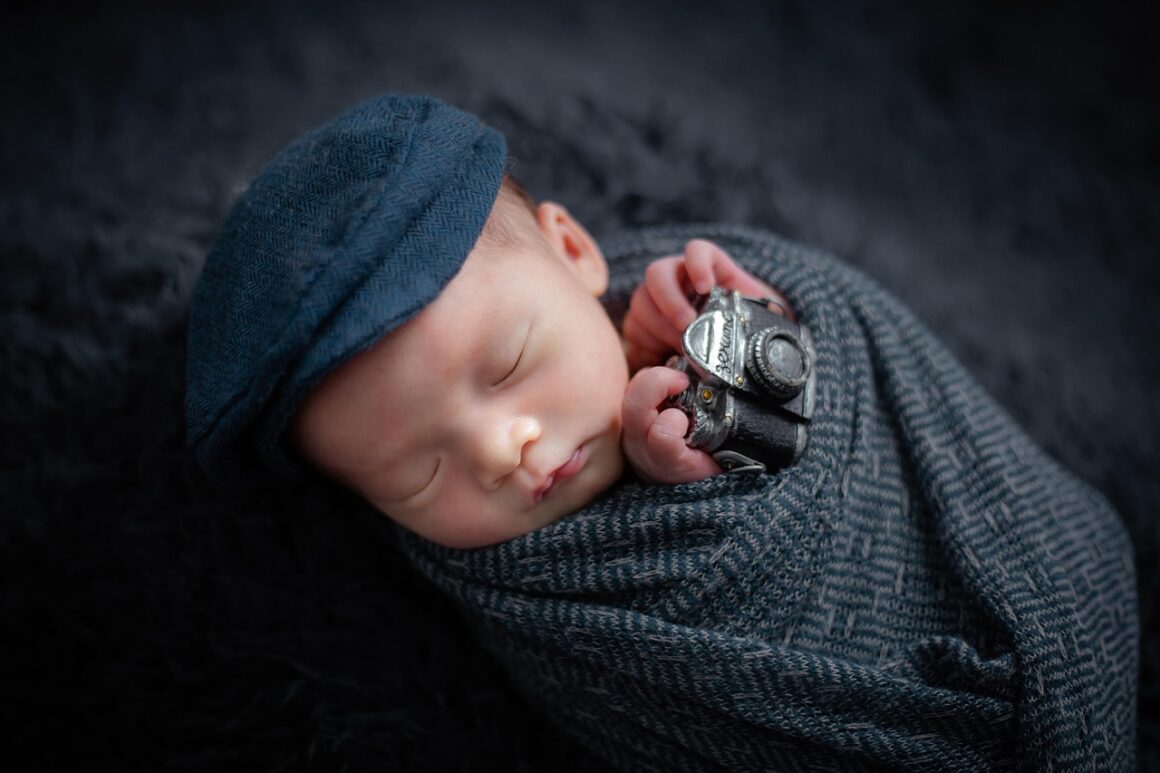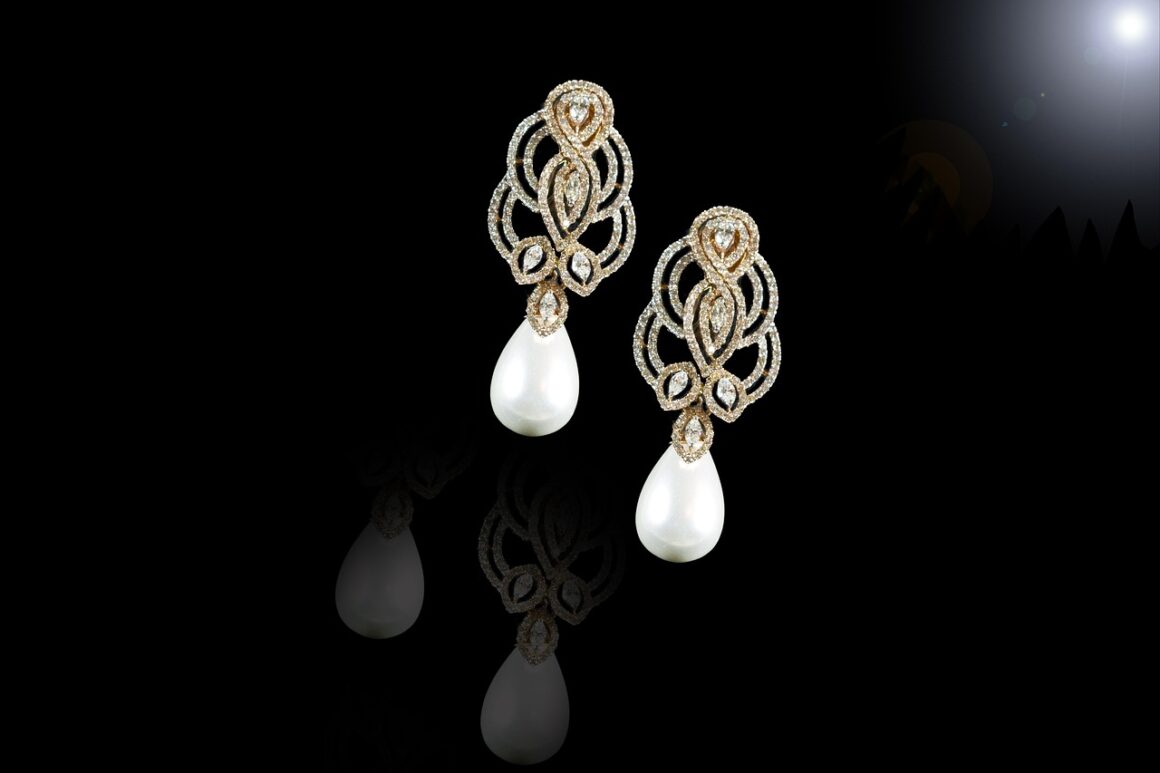As an imaginative and somewhat overambitious child who aspired to become a fireman, singer, and archeologist, I was told by adult figures that anything was possible. As a result of my firmly instilled sense of self efficacy, I never thought I would grow up to be so swiftly shut down for supporting the innovations and adopting the mindsets upheld by my generation. Practically everyday, I interact with older people who joke about the vast entitlement of my generation.
I did not realize there was anything shameful about being young in the 2000’s, and quite frankly, I refuse to believe that there ever will be.
A “Millennial” is a term defined officially as “a person reaching young adulthood around the year 2000; a Generation Yer” and was originally coined by Neil Howe and William Strauss as people born from 1982 to 2004, in the so-called Net Age or Technology Age. The factual denotation of these definitions are accurate, but the connotations signify a collective paradigm that must be shifted in order to receive mutual respect between baby boomers and their grandchildren. The younger generation is not a definite break from old fashioned values or revered tradition- it is a slow and steady shift that uses such conventions in an enhanced way that works effectively for us. I do not intend to say that problems are eradicated by the presence of Generation Y, but at the end of the day, young people have the same dreams as older people, just in a modernized context. We all want happiness and success, but for example, one may now drastically prioritize financial stability and career success over starting a family. This is a contrasting method, but nonetheless, it is a way to achieve personal happiness and success. That is okay!
Moreover, it is safe to say that the youth demographic still feels so disconnected from the older population. This phenomenon of disconnect is a strange one, especially in a world of incredibly accessible and normalized technological advancements. A difference most fundamental between us is indeed the millennial dependence upon technology (I’ll let you win on this part of the argument), but can you truly blame us when the scope of the modern world is excessively contingent upon technology as well? Technology is the next frontier. We have priorities just like you did during your youth. The stereotype of the egotism of millennials through technology does nothing but make us feel guilty for enjoying the medium that creates multitudes of apps, businesses, brands, medicine inventions, charities, political platforms, and much more.
I have a huge amount of respect for those who are older than me, as do the people my age that I have had the privilege of meeting. Without a doubt, teenagers contribute to the great generational rift, but I would argue that a prevalent cause of this is that we do not feel unequivocally reciprocated respect unless we downplay the accomplishments of today’s youth. In addition, a way to establish a connection is definitely present through popular culture and even politics- that is, if we all choose to utilize it. The millennial interest in vintage movies, clothing, and books is proof enough of similarities between the generations. As far as politics go, millennials are shaping up to possibly be one of the most socially aware and politically participant generations, actively campaigning for equality and engaging in open dialogue about issues including racism and feminism.
Overall, millennials understand the sacrifices and hard work older demographics have made for the prosperity of our generation, and we wish they could comprehend our efforts to continue the cycle. As today’s examples for children younger than us, we generally feel we have a responsibility to further the tremendous impact the older generations have made by helping each other. Millennials possess commendable qualities as well as older generations. It is ultimately our responsibility as a whole to use our similarities to bridge the generational gap and build a better future for later generations. Millennials have already made so much social and political progress in the world: just imagine the possibilities if we all work together to end harmful stigmas and provide a stronger perception of what equality genuinely is. Isn’t that our global mission as people, in the first place?




